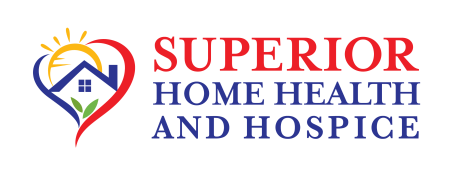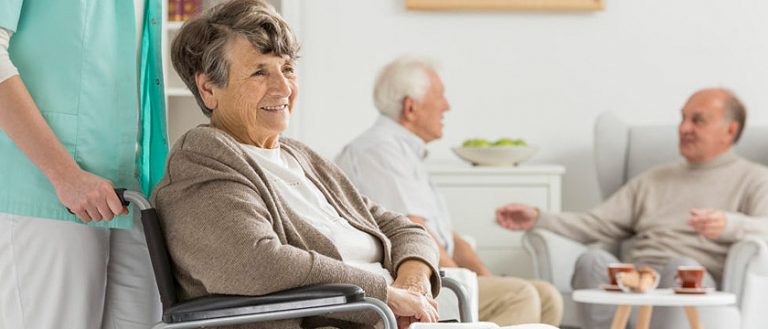Aging is a fact of life. As adult children, when imagining our parents as seniors, we may not fully comprehend the extent to which their aging will affect them. Indeed, if they are already seniors and still in good health we may not feel any dramatic changes or concerns. However, the time does come when effects of aging become more evident and the need for long-term care while caring for elderly parents might need to be explored.
The more aware we are of how aging can affect them, and what options are available to them as seniors and us as caring adult children, the better for all involved. Let’s take a moment to consider some essential things we should take into account regarding their welfare during aging and how in-home care can make all the difference.

The well-being of our parents is our ultimate wish as they age and live out the last years of their lives. Elder care means considering a family member’s emotional, mental and physical well-being.
Activities of Daily Living (known as ADLs)
Essentials necessary to the dignity, physical and emotional well-being of our elderly parents is to ensure their daily living requirements are met effectively. The basic ADL activities are typically listed as:
- Self-feeding
- Functional Mobility
(moving while performing activities, getting in and out of bed, in and out of a chair) - Dressing
- Bathing or Showering
- Personal Hygiene
(includes brushing/styling hair, shaving, grooming activities) - Toilet Hygiene
(includes getting to the toilet, self-cleaning, getting up from the toilet)
If they have impaired mobility and health issues that make it difficult or impossible for them to take care of these ADLs independently then you need to find them the appropriate help.
Instrumental Activities of Daily Living (IADLs)
Other types of daily living activities, not necessarily fundamental, but related to independent functioning are called instrumental activities of daily living (IADLs). IADLs most often refer to the following types of activities with long-term care:
- Cooking and Preparing Meals
- Cleaning and Maintaining the Home
- Shopping and Buying Necessities
- Running Errands
- Managing Money and Paying Bills
- Speaking or Communicating on the Phone or Through Other Devices
- Taking Prescribed Medications
It’s important to the overall well-being of elderly parents that their IADLs are taken care of effectively and consistently. If there are obstacles or difficulties with doing these tasks alone, there is help.
Taking an honest look at where an elderly parent needs support is the first step. Next, assess at all the possible solutions in order get them the help they need.
Superior Home Health & Hospice, a top provider of Lompoc skilled nursing and rehab along with a wide range of in-home care services in the nearby areas, offers a complimentary consultation with an advisor to help you determine your loved one’s home health & hospice needs. To schedule your free consultation, call 805.742.4514 or contact us online.

